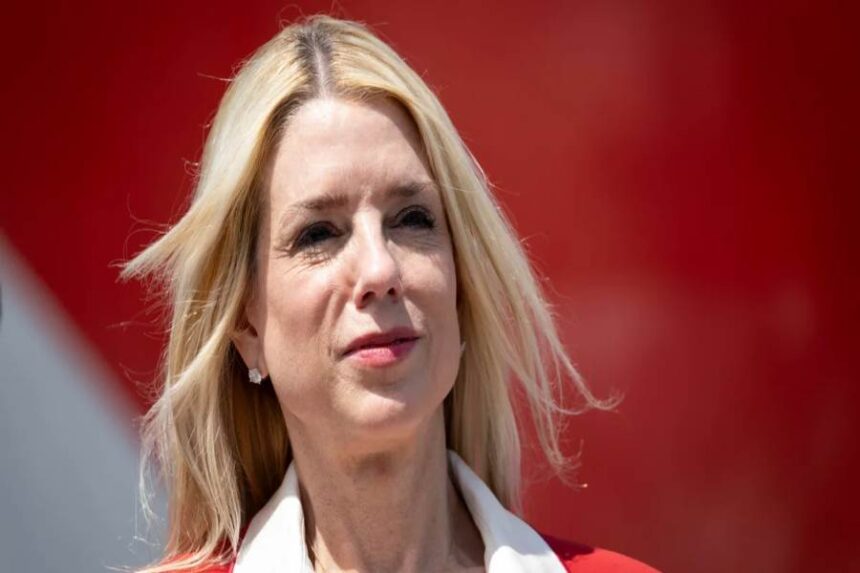Washington, D.C. — In a major policy shift, the U.S. Department of Justice announced Friday that it has rescinded a Biden-era prohibition that barred federal officials from subpoenaing journalists’ records or compelling their testimony in leak investigations. The move, outlined in an internal memo obtained by CBS News, marks a significant reversal in federal protections for the press and could have far-reaching implications for investigative journalism and whistleblower reporting.
Attorney General Pam Bondi authorized the rollback, arguing that the change is essential to safeguard classified, privileged, and other sensitive government information. Bondi emphasized that leaks not only threaten national security but also, in her words, “undermine President Trump’s policies, victimize government agencies, and cause harm to the American people.”
“This Justice Department will not tolerate unauthorized disclosures that undermine President Trump’s policies, victimize government agencies, and cause harm to the American people,” Bondi wrote. “This conduct is illegal and wrong, and it must stop.”
Background on Policy Changes
The previous restrictions were put in place in 2022 by then-Attorney General Merrick Garland, who implemented stringent rules to prevent federal prosecutors from seizing journalists’ communications records, except under extraordinary circumstances. Those regulations were designed to strengthen press freedom after disclosures revealed that the Justice Department under the Trump administration had secretly obtained phone records from reporters at CNN, The New York Times, and The Washington Post as part of leak investigations.
Garland’s rules barred the use of subpoenas, warrants, and court orders to obtain journalists’ records when related to their newsgathering activities, citing the need to preserve the free flow of information to the public.
Key Changes Under the New DOJ Policy
Under the new guidelines announced by Bondi:
- Journalists may now be subpoenaed not only for leaks of classified material but for a broader range of sensitive disclosures.
- Subpoenas must be “narrowly drawn” to limit the scope of intrusion into protected newsgathering activities.
- Reporters are entitled to advance notice when their records are sought, unless such notice would threaten the integrity of the investigation.
- Warrants must be crafted to minimize the impact on press freedoms.
- Any move to subpoena or arrest a journalist must receive the personal approval of the Attorney General.
Bondi added that while she supports a “free and independent press,” federal prosecutors must have the necessary tools to investigate unauthorized leaks effectively.
Why This Matters
The reversal represents a significant recalibration of how the government balances national security concerns with press freedoms. Media organizations and civil liberties groups are expected to strongly oppose the move, warning it could chill investigative reporting and deter whistleblowers from coming forward.
Historically, aggressive leak investigations — particularly those targeting journalists’ sources — have sparked debates over First Amendment protections and the role of the press in holding the government accountable. Critics argue that allowing prosecutors to access journalists’ records could erode public trust and weaken democratic oversight.
What’s Next?
The Justice Department’s shift is likely to face legal and political challenges. Advocacy groups such as the Reporters Committee for Freedom of the Press and the American Civil Liberties Union (ACLU) are expected to seek clarification or contest the new policy in court. Meanwhile, journalism organizations are urging Congress to enact stronger “shield laws” that would better protect journalists from government intrusion.
It remains to be seen how frequently the Justice Department will use its renewed authority. Bondi’s memo stresses that subpoenaing journalists remains a “last resort” tactic — but for many in the media, the reintroduction of such investigative powers raises fresh concerns about press independence under the current administration.




